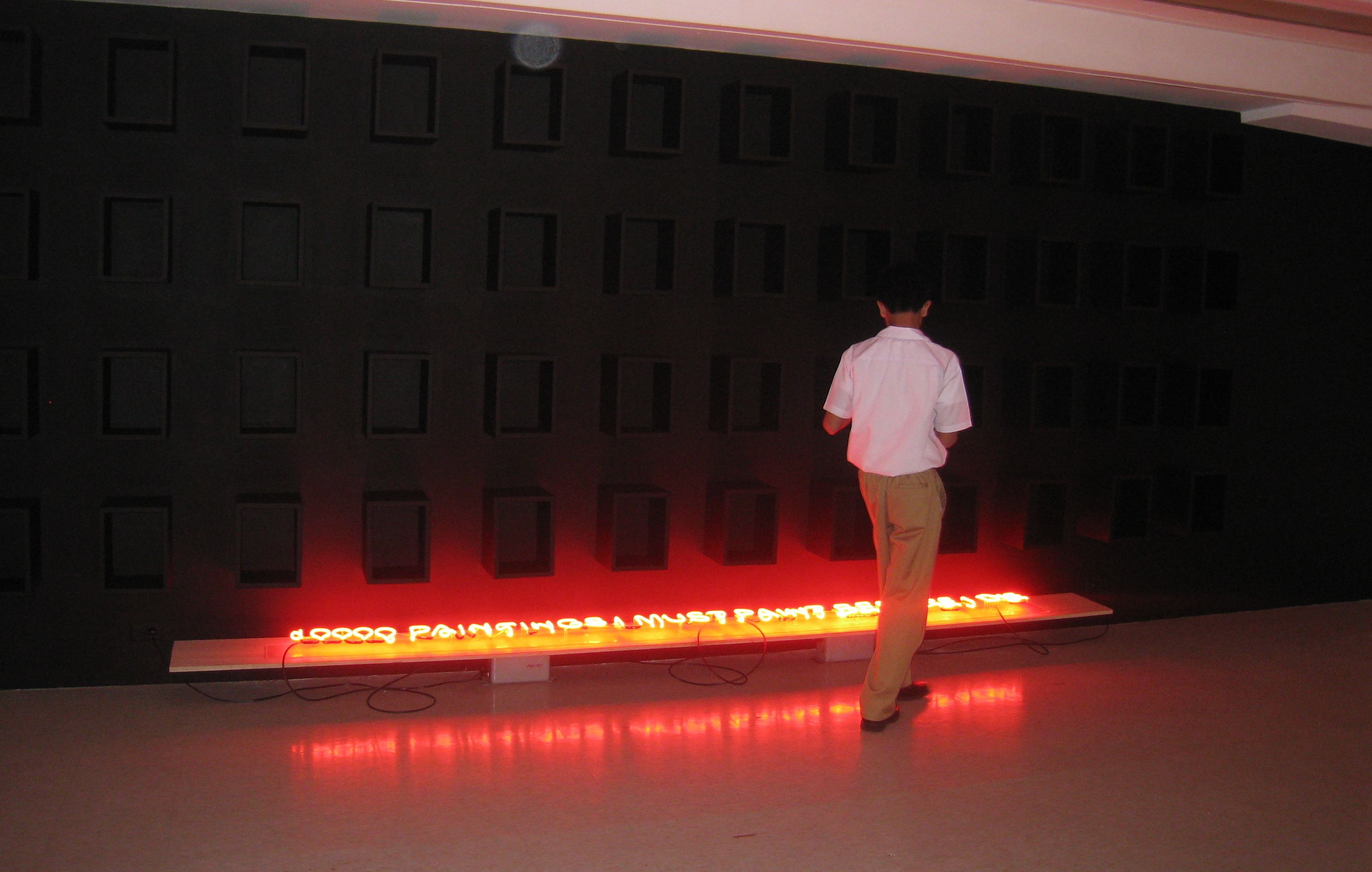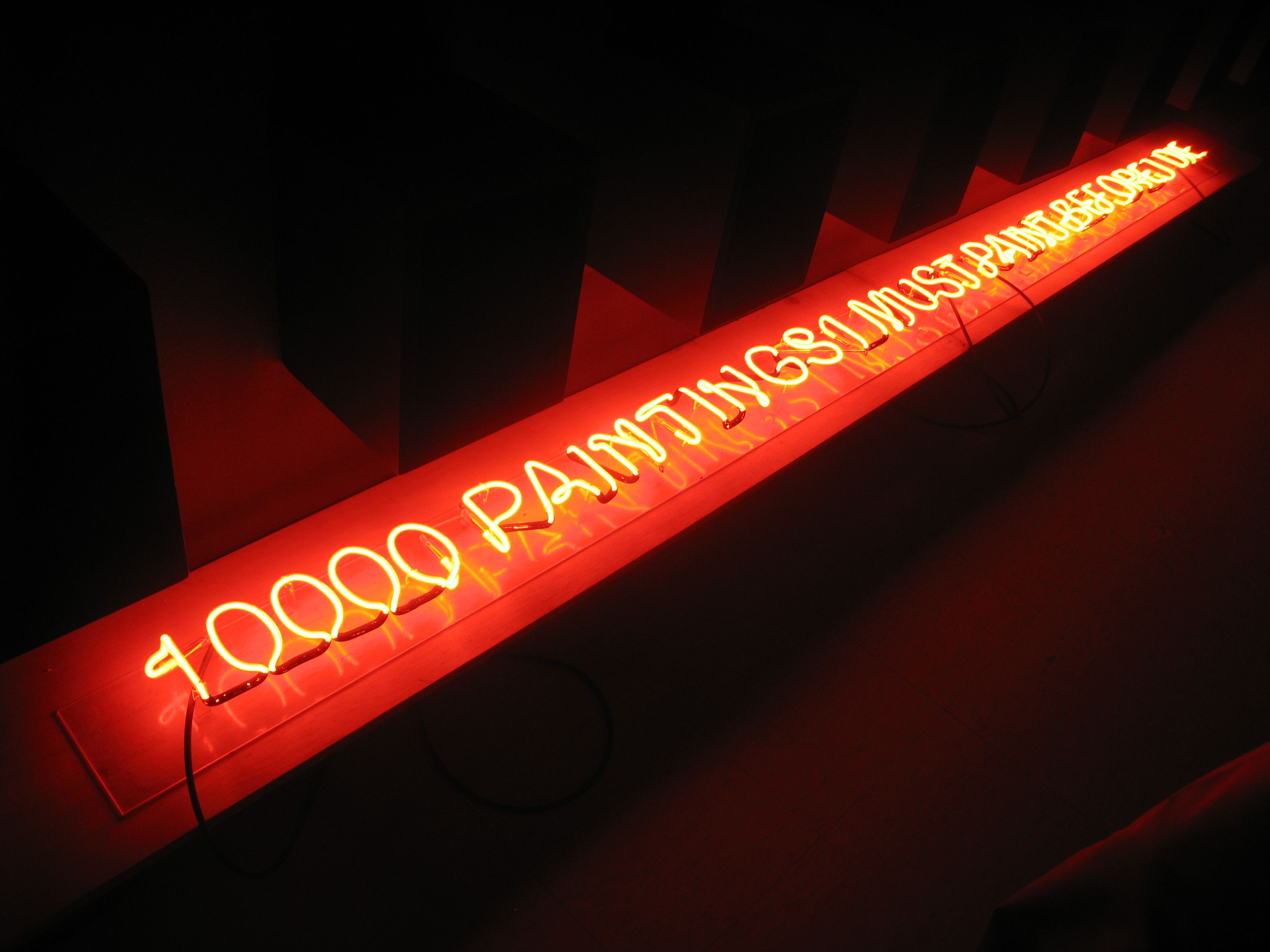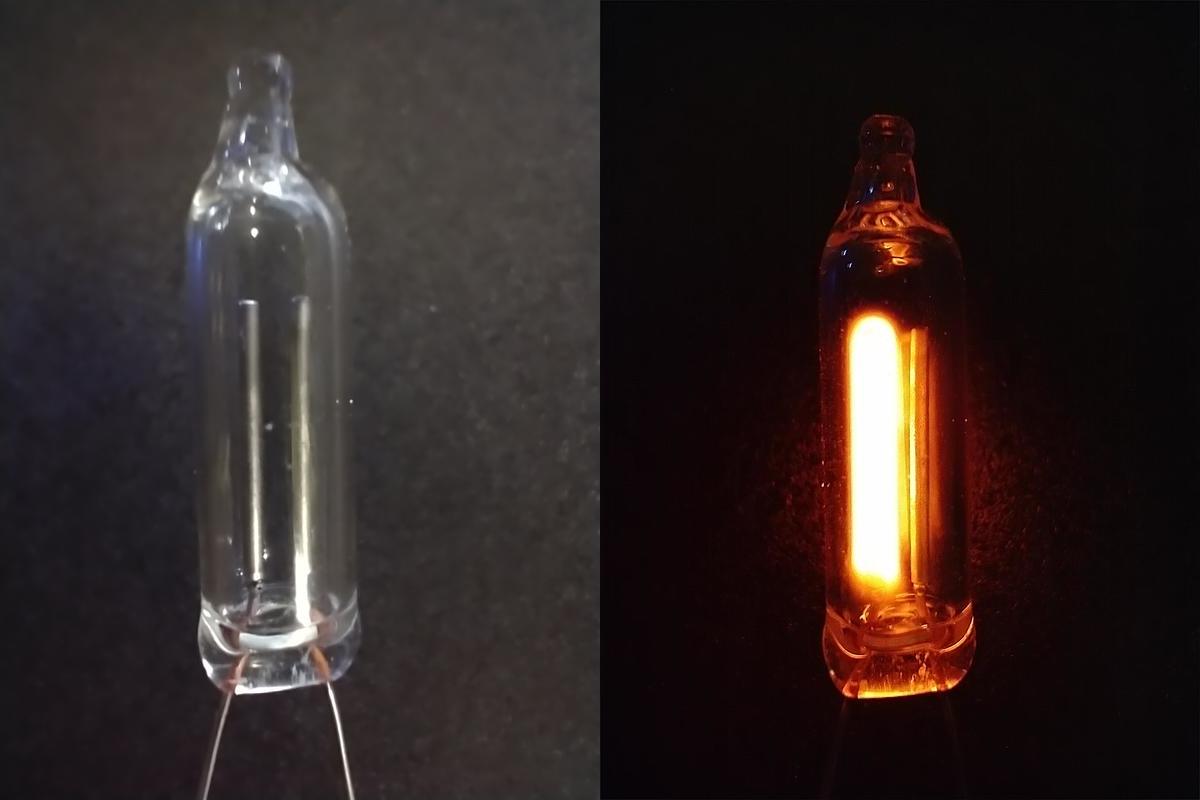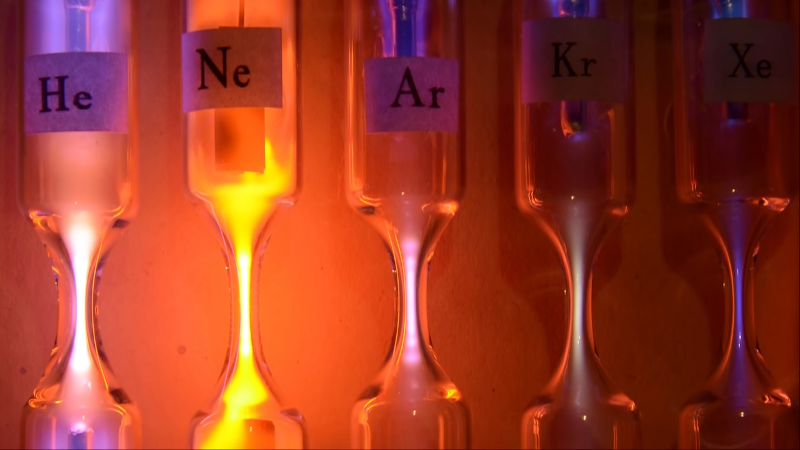#neon
Nickel, Palladium, Neon-Gas: Autoindustrie alarmiert wegen fehlender Rohstoffe als Folge des Ukraine-Kriegs | DW | 30.03.2022
Wichtige Rohstoffe könnten in Folge des Ukraine-Kriegs immer knapper werden. Noch ist kaum absehbar, was das für Deutschlands Autohersteller bedeutet. Die Schlüsselindustrie muss neue Konzepte entwickeln.#Ukrainekrieg #Autoindustrie #Rohstoffe #Neon #Nickel #Palladium
Nickel, Palladium, Neon-Gas: Autoindustrie alarmiert wegen fehlender Rohstoffe als Folge des Ukraine-Kriegs | DW | 30.03.2022
Neon, Ukraine, And The Global Semiconductor Industry


On our news feeds and TV channels at the moment are many stories concerning the war in Ukraine, and among them is one which may have an effect on the high-tech industries. It seems that a significant percentage of the world's neon gas is produced in Ukrainian factories, and there is concern among pundits and electronics manufacturers that a disruption of this supply could be a further problem for an industry already reeling from the COVID-related chip shortage. It's thus worth taking a quick look at the neon business from an engineering perspective to perhaps make sense of some of those concerns.
As most readers will know from their high school chemistry lessons, neon is one of the so-called inert gasses, sitting in the column at the extreme right of the Periodic table. It occurs in nature as a small percentage of the air we breathe and is extracted from the air by fractional distillation of the liquid phase. The important point from the above sentences is that the same neon is all around us in the air as there is in Ukraine, in other words, there is no strategic neon mine in the Ukrainian countryside about to be overrun by the Russian invaders.
So why do we source so much neon from Ukraine, if we're constantly breathing the stuff in and out everywhere else in the world? Since the air separation industry is alive and well worldwide for the production of liquid nitrogen and oxygen as well as the slightly more numerous inert gasses, we're guessing that the answer lies in economics. It's a bit harder to extract neon from air than it is argon because there is less of it in the air. Since it can be brought for a reasonable cost from the Ukrainians who have made it their business to extract it, there is little benefit in American or Western European companies trying to compete. Our take is that if the supply of Ukrainian neon is interrupted there may be a short period of neon scarcity. After that, air extraction companies will quite speedily install whatever extra plant they need in order to service the demand. If that's your area of expertise, we'd love to hear from you in the comments.
Here at Hackaday we are saddened beyond words at what has happened in Ukraine, and we hope our Ukrainian readers and those Ukrainian hackers whose work we've featured make it through safely. We sincerely hope that this madness can be ended and that we can mention the country in the context of cool hacks again rather than war.
If you are interested in the strategic value of inert gasses, have a read about the global helium supply.
Header image: Lestat (Jan Mehlich), CC BY-SA 3.0.







